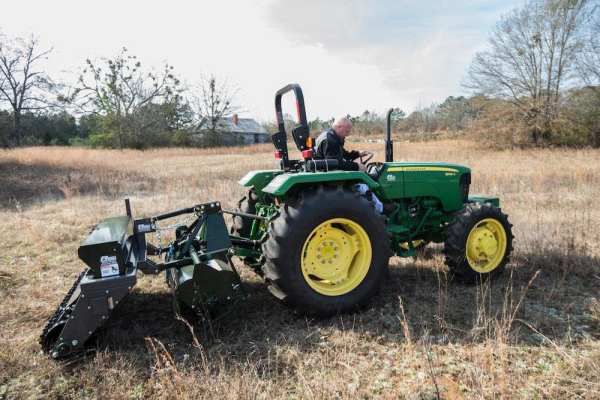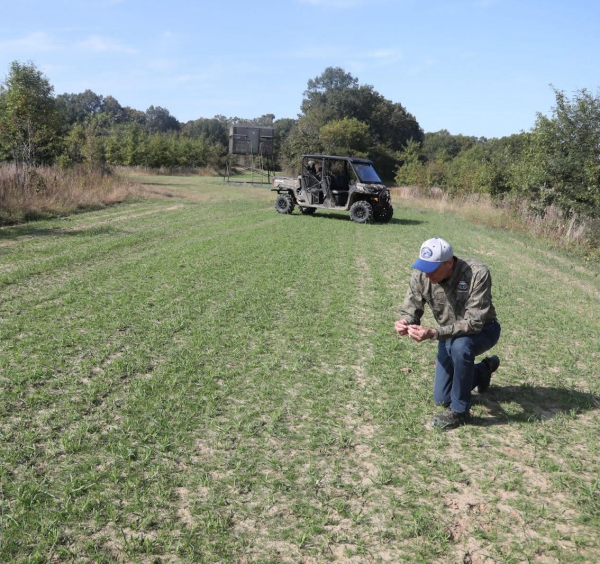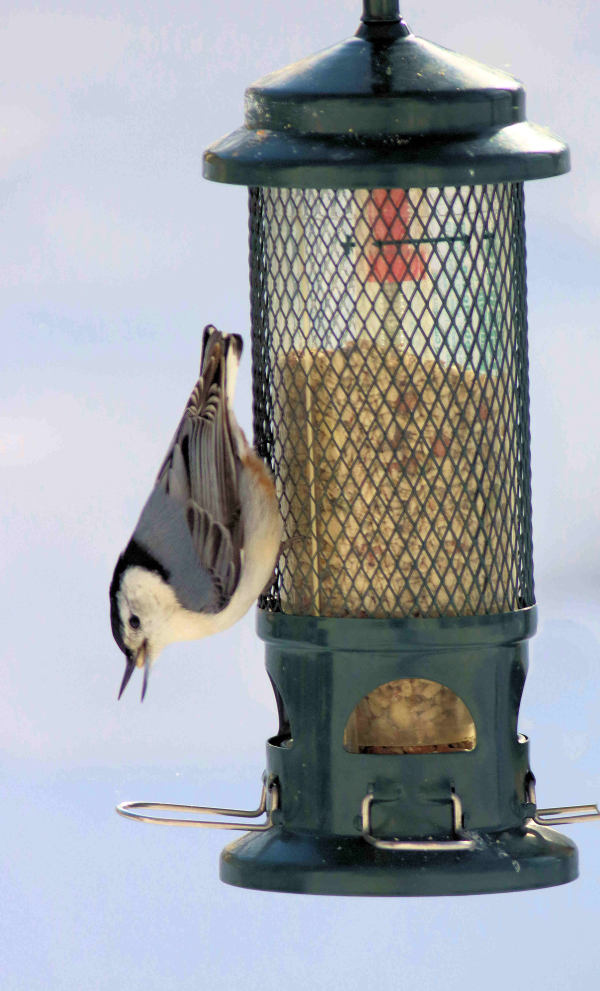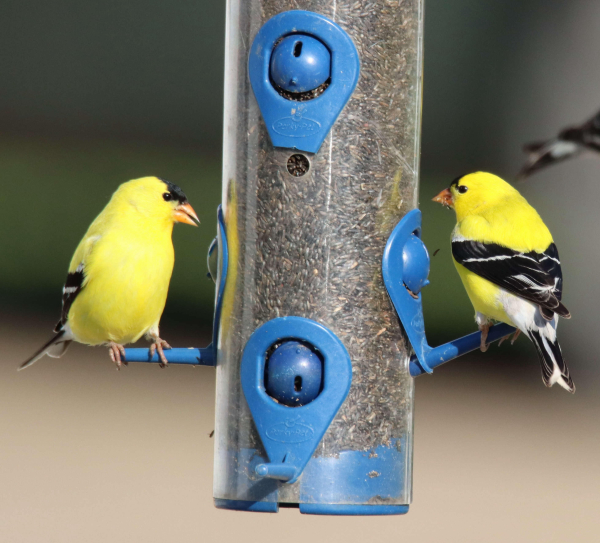Of Food Plots and Gambling
By Glen Wunderlich
Whenever there’s a hyped-up advertisement for some purported “great” investment, there’s always a disclaimer along with it to the effect that there’s no guarantee of success based on past performance. On the other hand, a poor track record doesn’t necessarily indicate certain failure on another given gamble. So, too, it is with the farmer who rolls the dice no matter what.
With late-season food plot establishment a month away, hunters-turned-farmers will join the gambling contingent when they sow their chosen seed in August. They’ll not concern themselves with the hot, dry conditions that have been with us this season. They’ll bet against Mother Nature’s cruel sense of humor and cast their fate into the wind along with their seed.
They’ll ignore the farmers’ plight that has already taken its toll on crops. Hay production was down on the first cutting up to 40 percent or more and the outlook is bleak for the remainder of the season. All of us are sure to feel the pinch, when we buy milk or meat, because the “fuel” that feeds animals will cost more. And, what is available isn’t appetizing to cattle, either. Milk production is already off.
And, much like people, the extremely high temperatures suppress the appetites of chickens causing them to lay smaller eggs. Trying to keep them cool with makeshift cooling systems is just another challenge. Prepare for smaller eggs at the market.
There’s simply not been enough rain for growing anything. Well, just about anything. I have a fine crop of pigweed, which has grown profusely over the past two weeks but I don’t believe there’s a market for it. My plan is to disk it into the soil with an application of fertilizer this weekend in preparation for August seeding. More blind faith.
And, then there’s the equipment that seems just as fickle as Mother Nature, at times. Several weeks ago on one of the 100-degree days, I heard a hissing sound behind my garage. A rear tire, loaded with liquid calcium chloride for weight, had blown and the caustic chemical mixture was spewing all over my tomato plants and siding. I could do no more than watch until it was over and then hurriedly flooded the plants in an effort to salvage them.
Since then I’ve had no luck finding a used replacement tire and have resorted to borrowing a neighbor’s machine for upcoming field work. There’s just nothing easy about this kind of work and it’s no wonder why farmers are quitting.
Already many hours have been invested in tilling the soil, spraying for weeds, and adding lime to sweeten the soil. Food plotters must play the game that allows no shortcuts. But, no matter how well we play, we are at the mercy of Mother Nature – and, so are the animals – be they domestic or wild.
Excuse me. I have some dice to roll.







